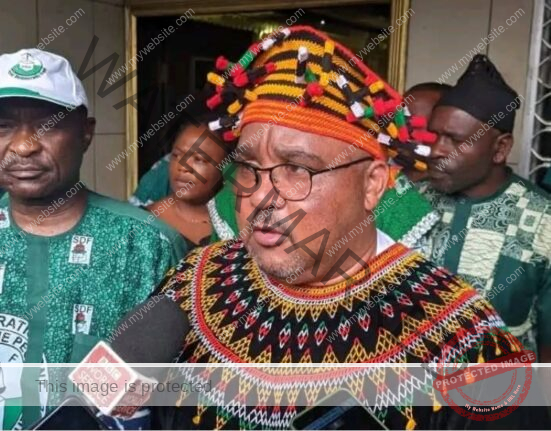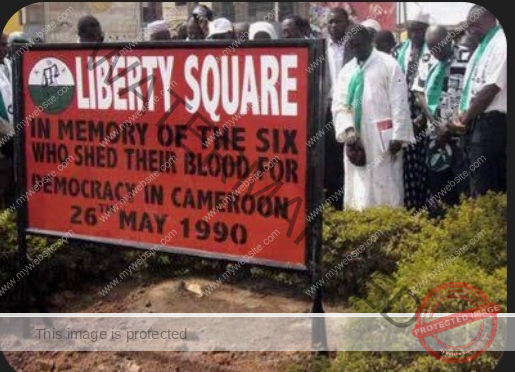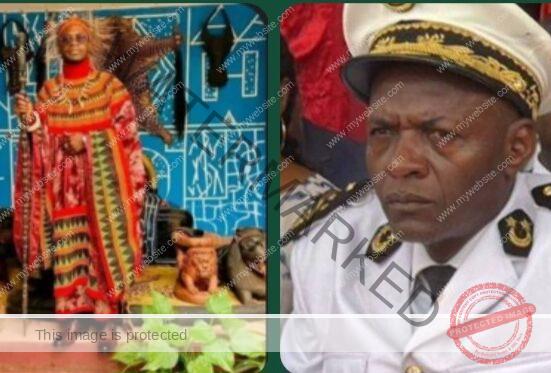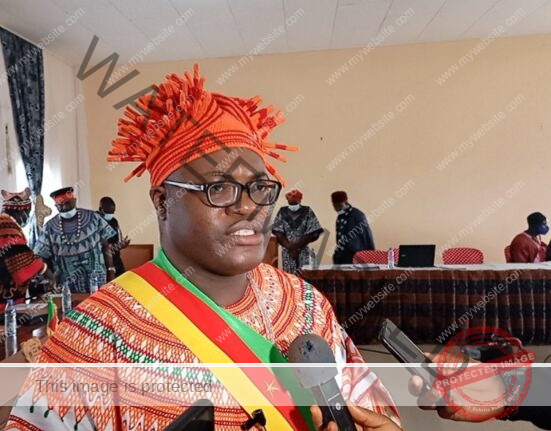Electoral fraud in Cameroon is not based solely on ballot-box stuffing. It relies on a sophisticated logistical infrastructure designed to maintain control over the entire electoral process.
By Ali Dan Ismael, editor in-chief just back from vacation and on assignment in Yaounde cameroon.
A Logistics Network Built for Fraud
As Cameroon heads toward the 2025 presidential election, the country’s Minister of Territorial Administration, Paul Atanga Nji, has once again triggered a familiar machine: the distribution of 94 vehicles to administrative collaborators across the country.
Officially presented as logistical support to facilitate the smooth running of the vote, these vehicles are in reality the backbone of a deeply entrenched electoral manipulation system.
According to internal sources, many of these vehicles are second-hand units, purchased cheaply, refurbished, repainted, and then presented as new. Senior Divisional Officers (SDOs) and Divisional Officers (DOs) accept them without complaint. They understand that these vehicles are political currency meant to secure their loyalty during the electoral period.
Vehicles to Transport Results, Not Votes
These vehicles are not intended to transport voters’ ballots to collation centers. Their real purpose is to carry pre-fabricated election results from divisional offices to regional headquarters, where figures are compiled to match the electoral script already written in Yaoundé.
Electoral fraud in Cameroon is not based solely on ballot-box stuffing. It relies on a sophisticated logistical infrastructure designed to maintain control over the entire electoral process.
Bamenda and the “Ghost Voters”: Fraud Hiding in Plain Sight
The situation in Bamenda, the capital of the North-West Region, illustrates the scale of the manipulation.
Official figures claim that over two million voters are registered in the city — a number that exceeds the total population of the entire region, including children and non-eligible residents. In short, there are more registered voters than actual inhabitants.
For comparison, during a recent visit to a polling station in the South-West Region, the British High Commissioner noted that there were only about 45,000 registered voters. If Bamenda alone has two million voters, then by simple extrapolation, Cameroon could claim 50 million registered voters nationwide — a statistical absurdity for a country whose real population is far lower.
This is not an error. It is deliberate, systematic fraud.
Silent Observers and French Involvement
Despite these glaring irregularities, international observer missions often produce carefully worded reports, avoiding direct confrontation with the regime. Administrative sources have revealed that the French Embassy is expected to discreetly assist in the transport of ballot boxes and other sensitive electoral materials, in support of their long-time ally, Paul Biya.
Such logistical backing, disguised under the cover of “diplomatic cooperation,” adds to decades of structural complicity between Paris and Yaoundé, rooted in the old Françafrique system.
Western Hypocrisy Exposed
Meanwhile, Western governments continue to fund the regime, through loans and cooperation programs, while presenting themselves as champions of democracy and human rights.
This stark contradiction exposes a deep moral decline: the same powers that preach democracy on the world stage deliberately turn a blind eye when their strategic interests are at stake.
Tchiroma, Biya, and Cracks at the Top
Politically, power struggles within the regime are intensifying. While Secretary-General Ferdinand Ngo Ngo was effectively acting as president as the aging Paul Biya rested, Issa Tchiroma Bakary, supported by Abubakar Ousmane Mey, rallied unexpected crowds in the north.
This show of force forced Biya to emerge from his room, travel to Garoua and Maroua, and reassert himself after a “rejuvenation” trip to Europe. For the first time in decades, the succession script is no longer fully under control, creating unprecedented cracks at the top of the regime.
Conclusion: Systemic Fraud with Foreign Backing
The distribution of Atanga Nji’s 94 vehicles is just the visible part of a deeply institutionalized system of electoral fraud, supported by both domestic and foreign actors.
The French Embassy’s expected role in transporting ballot boxes, combined with the predictable silence of international observers, confirms that electoral manipulation in Cameroon is not just a domestic affair — it is an international one.
Ali Dan Ismael, in Yaounde Cameroon





















Leave feedback about this